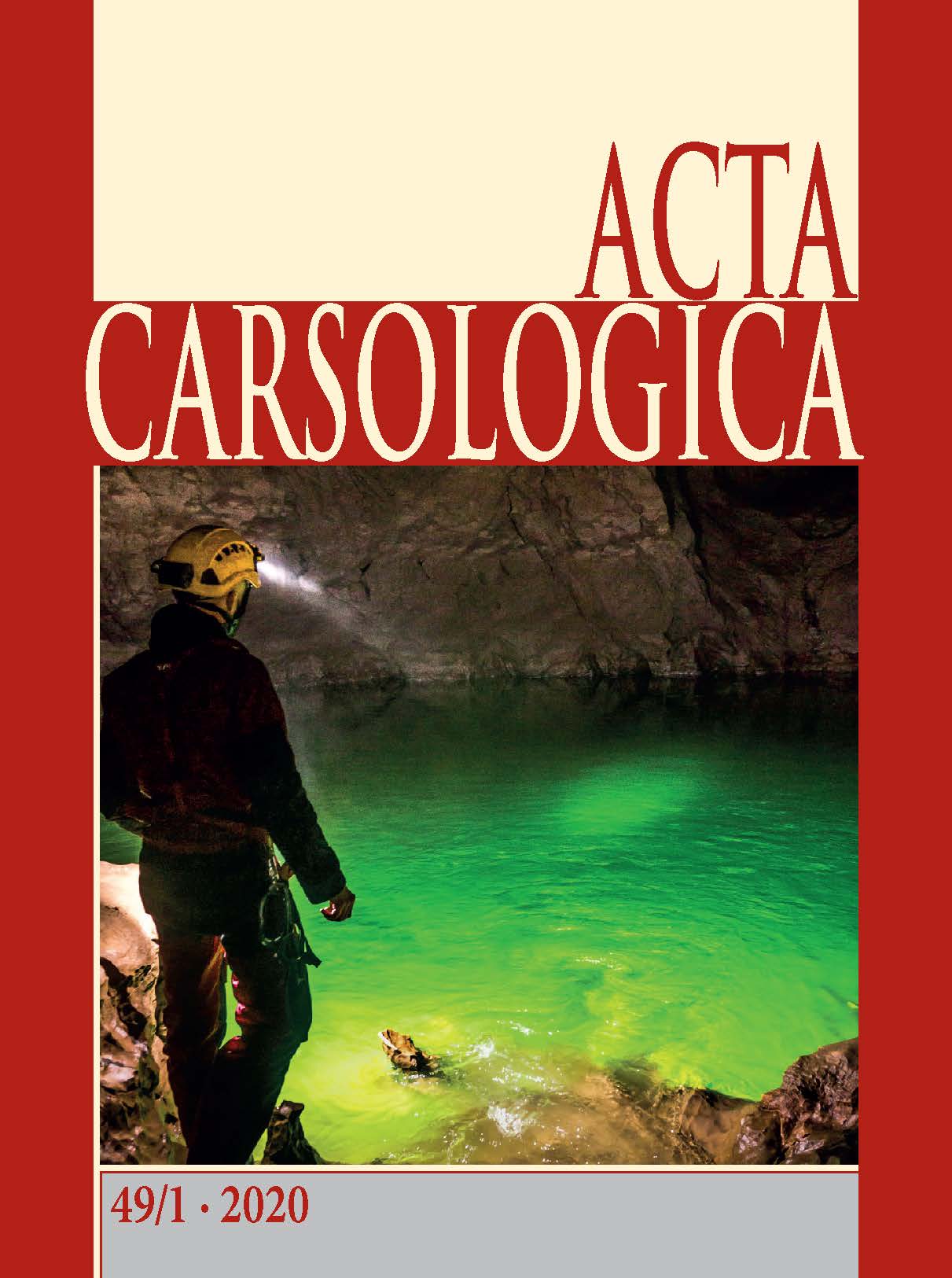Good for career-bad for science: Advice, how to optimize your career.
Observations and experiences in science factory by a last century scientist
DOI:
https://doi.org/10.3986/ac.v49i1.9112Ključne besede:
Mnenje, Znanstvena politika, EtikaPovzetek
The number of scientists and correspondingly the flood of publications explode. “Between 2008 and 2014, the number of scientific articles catalogued in the Science Citation Index of Thomson Reuters’ Web of Science grew by 23%, from 1.029,471 to 1.270,425. There were 7.8 million full-time equivalent researchers in 2013, representing growth of 21% since 2007” (UNESCO science report: towards2030,2015,http://uis.unesco.org/sites/default/ files/documents/unesco-science-report-towards- 2030-ex-sum-en.pdf). This has consequences to the rules of science production in the science factories. Publications are products that need marketing and the cash paid is a long list of publications and citations in journals of high impact factors that foster the career of authors. I have observed this during the last ten years and found that the following rules should be observed to support a successful career. All of the rules that I give below rest on true examples. The reader may judge whether these rules support the quality of science. My personal opinion is, they do not. Discussion in the community is urgently needed, but it will need a display of courage.
Prenosi
Prenosi
Objavljeno
Kako citirati
Številka
Rubrike
Licenca
Avtorji jamčijo, da je delo njihova avtorska stvaritev, da v njem niso kršene avtorske pravice tretjih oseb ali kake druge pravice. V primeru zahtevkov tretjih oseb se avtorji zavezujejo, da bodo varovali interese založnika ter da bodo povrnili morebitno škodo.
Podrobneje v rubriki: Prispevki





